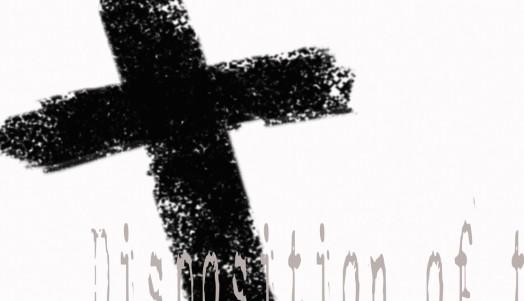
1 minute read
The Living Word
Jesus sets a precedent that we all should consider as we assert the authority associated with our individual and community calling. He says that He does not testify about Himself … in other words, He does not “toot his own horn.” He allows the truth of His actions to speak for itself.
Better yet, He takes no credit whatsoever for His testimony, telling us that testifying about oneself is invalid. He honors only the testimony of the prophet John, and the Father.
Advertisement
Why would Jesus allow the testimony of others to speak more loudly than His own words or actions? Firstly, it harks back to Jewish law and the witness of at least two others, and secondly, it suggests that we should not be self-promoting. We are to let our lives speak the loudest! Such testimony, and its accompanying credibility, can only occur over time, asserted in Spirit and in Truth. By this I mean to say one’s works must always be evidenced by the work of the Holy Spirit and they must honor Jesus who is Himself the Way, Truth and Life. Jesus is always the best and most humble example of His own gospel. As such we should strive to be, and to do, as He did. In this passage there are four witnesses to Jesus, all of whom have great authority: Jesus Himself, The Father, The Holy Spirit and the prophet John. In this scenario there are more than enough witnesses, and more than enough evidence, to suggest indisputable truth in a court of law … truth beyond the shadow of any doubt.
Are there enough witnesses, and ample evidence to compel you to believe? If you were on a grand jury would you be able to convict Jesus of being God given the witnesses and the evidence presented?
Have you considered that it is not Jesus on trial in this passage, but the world itself?




